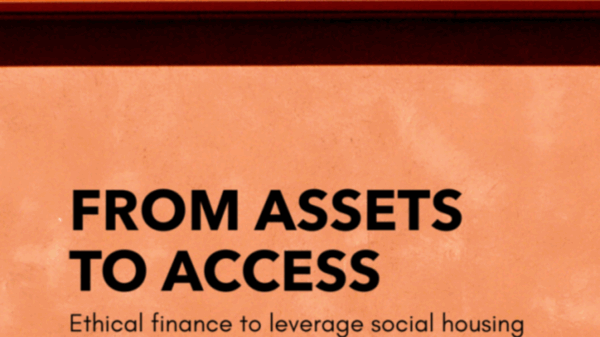Senior Technology Reporter
 Getty Images
Getty ImagesAn artificial intelligence (AI) tool has been used to sort through comments about botox and lip fillers, that were submitted as part of a public consultation, in what officials said was the first use of this kind in the UK.
Officials set the tool to work sifting responses to a Scottish government consultation on regulating non-surgical cosmetic procedures.
They found it came up with “nearly identical” results, when compared to humans set the same task.
It is hoped the tool, dubbed “Consult”, will spare civil servants from similar time-consuming tasks in future, and save taxpayers an estimated £20m.
Consult is one of a planned set of government AI-powered tools that have collectively been dubbed “Humphrey” after the wily senior civil servant, Sir Humphrey Appleby, from the classic 1980s sitcom Yes, Minister. The series often took aim at excessive bureaucracy in government.
In this trial the AI tool examined 2,000 submissions. But public consultations, which gather the views of UK citizens on issues under consideration by ministers, can generate tens of thousands of responses.
It was able to identify themes amongst the responses, and counted and catalogued answers accordingly – with human experts checking its work at both stages.
Consult’s findings were then examined to see how they compared to a team of human experts working in parallel.
Technology secretary Peter Kyle said the initial success of the trial meant that Consult would be used across government “very soon”.
“After demonstrating such promising results, Humphrey will help us cut the costs of governing and make it easier to collect and comprehensively review what experts and the public are telling us on a range of crucial issues,” he wrote.
The government hopes £45bn can be saved by wider public sector use of AI technology.
‘Humans in the loop’
The government says that Consult is currently still in its trial stage and more evaluation will take place before any final decision to roll it out more widely.
There would always be “humans in the loop” checking Consult’s work, the government added.
Officials have also sought to address some of the persistent concerns about AI systems.
One is that they sometimes invent information – a failing known as “hallucinating”.
Because the AI was only being asked to carry out a relatively limited task, officials said hallucination would not be a major problem.
Such AI tools, built using what are known as “large language models” have also displayed bias, as they adsorb the prejudices inherent in the human-generated data on which they are trained.
But experts who worked with Consult had found it reduced bias overall, the government said, by removing opportunities for individual human analysts to “project their own preconceived ideas”.
Consult has also been tested to check it can handle language containing spelling mistakes and other errors.
However, for now it only works in English, and responses in other languages spoken within the UK such as Welsh would need to be translated into English first.






























